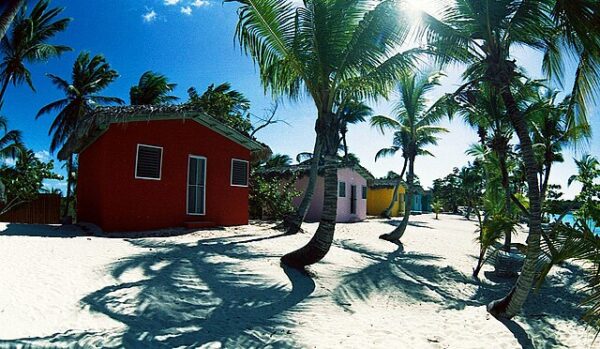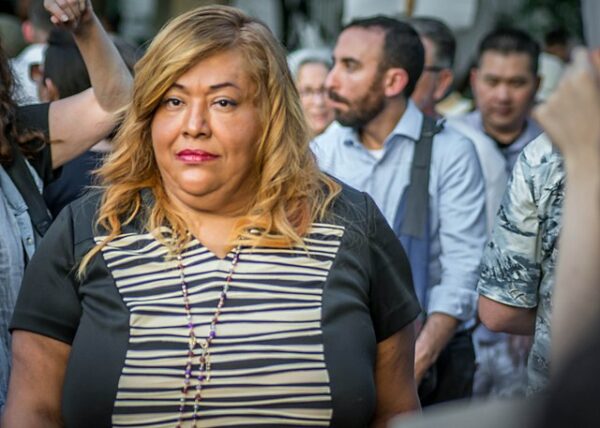As political tensions deepen and economic uncertainty lingers in the United States, a growing number of Americans are looking beyond its borders—to the turquoise waters of the Caribbean—for a backup plan. Citizenship-by-Investment (CBI) programs, long favored by global elites, are now seeing a sharp rise in interest from U.S. applicants seeking what many call a “Plan B.”
“It’s incredible — 99% of my buyers are from the U.S.A., and multiple inquiries are coming in daily looking for that citizenship program,” said Nadia Dyson, founder of Luxury Locations Real Estate in Antigua. The surge isn’t anecdotal: Henley & Partners, a British immigration consultancy, reported a 182% year-over-year increase in American inquiries for so-called “golden passports” in the first quarter of 2025, writes Moneywise.
Five Caribbean nations—St. Kitts & Nevis, Antigua and Barbuda, Dominica, Grenada, and Saint Lucia—offer CBI programs, first pioneered by St. Kitts in 1984. Applicants typically qualify by making economic contributions, such as government donations or real estate investments. Costs range from $130,000 to over $1.5 million, depending on the investment route. While some see these programs as a lifestyle upgrade, for others, the motivation is more existential.
“A second passport provides what wealth advisors often call a ‘Plan B’: an escape route to a stable country if conditions deteriorate at home, and a practical way to hedge against sovereign risk,” noted Global X, a Swiss consulting firm.
That sentiment reflects a broader mood of unease. A recent Talker Research survey found that 69% of Americans are worried about the country’s direction. A Harris Poll found that nearly half of respondents—49%—have either obtained or considered obtaining dual citizenship, with some explicitly tying their interest to the upcoming presidential election.
But the path to dual nationality is not without pitfalls. Many CBI programs require job creation or long-term investments, and failing to meet those obligations can result in revoked citizenship. Moreover, U.S. citizens remain liable for taxes on worldwide income unless they formally renounce their citizenship—a process that carries its own complexities, including a possible expatriation tax.
Experts warn that the legal and financial intricacies demand serious due diligence, saying that often people underestimate the obligations, thinking they’ll be on a permanent vacation, though. Still, for those with means and mounting concerns about the future, the allure of a Caribbean passport is hard to ignore.
[Read More: Texas Dems Protest Gerrymandering By Fleeing To Most Gerrymandered State In Country]











AREN’T THESE THE ISLAND NATIONS THAT GET “HIT FIRST” WHEN HURRICANE SEASON STARTS AND EVERYBODY ELSE IS SUPPOSED TO FEEL SORRY FOR THEM ??? I’M SURE IT IS.
How about CBI here:
St Maartin
St Croix
Jamaica
Curacao
Bermuda
Bahamas
Mexico